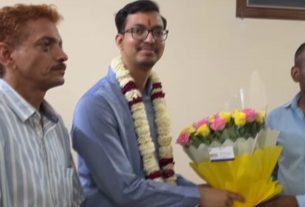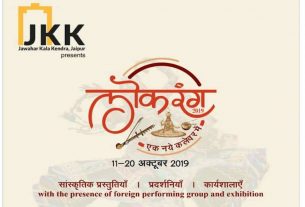In a significant policy shift, the Rajasthan Education Department has directed government schools to replace Urdu with Sanskrit in their curriculum. This decision, aimed at promoting Sanskrit education, has sparked discussions about language education in the state’s public schooling system.
According to reports, schools that previously offered Urdu as an optional subject have been advised to transition to Sanskrit instead. Officials argue that the change will help students gain exposure to Sanskrit, a classical language with deep cultural and historical significance. However, critics believe the decision could marginalize students who have traditionally opted for Urdu.
The directive comes as part of a larger initiative to realign language offerings in schools. The education department has yet to issue an official clarification on whether this transition will be mandatory for all schools or if exceptions will be made based on student demand.
Amidst the controversy, the state education department has instructed a government school in Jaipur to suspend Urdu classes and introduce Sanskrit due to low enrollment in Urdu. This decision followed a letter from the office of Jai Narayan Meena, special assistant to education minister Madan Dilawar2. Despite protests from teachers and community representatives, the education department maintains that the move is necessary to optimize resource utilization.
As discussions continue, educationists and community representatives are calling for a balanced approach that considers the linguistic and cultural diversity of Rajasthan’s student population. The controversy has also reignited debates over the role of regional and classical languages in public education, with stakeholders divided over its potential impact.



